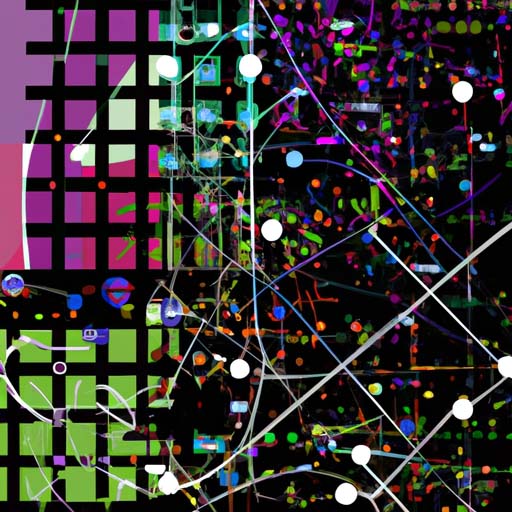In today’s tech-driven world, the importance of diversity in coding cannot be stressed enough. Addressing gender and racial disparities in the tech industry is crucial for creating a more inclusive and innovative future. This article aims to shed light on the significance of diversity in coding and explore ways to bridge the gap. Let’s dive in!
The Need for Diversity
Diverse coding teams bring a multitude of perspectives, experiences, and ideas to the table. This not only fosters innovation but also ensures that tech solutions cater to a wider range of users. However, the tech industry still struggles with gender and racial imbalances.
According to recent studies, women make up only 26% of the computing workforce, and the numbers are even lower for racial minorities. This lack of representation not only hampers diversity but also perpetuates biases and discrimination within the industry. It is high time we bridge this gap and create a more inclusive environment.
Challenges Faced
There are several challenges that contribute to the existing disparities in coding. Firstly, stereotype threat plays a significant role. Stereotypes that associate coding with masculinity deter women and minorities from pursuing careers in tech. Overcoming these stereotypes requires a collective effort from educational institutions, organizations, and society as a whole.
Additionally, unconscious biases can also hinder diversity in coding. These biases, often unintentional, can affect hiring decisions and hinder the progression of underrepresented groups. Implementing diversity and inclusion training programs can help mitigate these biases, ensuring fair and unbiased practices.
Strategies for Bridging the Gap
To address the gender and racial disparities in tech, it is essential to implement strategies that promote diversity and inclusion. Here are some effective approaches:
1. Education and Mentorship Programs: Providing equal access to coding education, scholarships, and mentorship programs for women and underrepresented groups can encourage their participation in the tech industry. By empowering them with the necessary skills and guidance, we can bridge the gap and create a more diverse coding workforce.
2. Workplace Initiatives: Organizations can play a vital role in fostering diversity in coding. Implementing inclusive hiring practices, mentoring programs, and employee resource groups can create a supportive and inclusive work environment that welcomes individuals from all backgrounds.
3. Representation and Visibility: Highlighting the achievements and contributions of women and minorities in tech can inspire and motivate others to pursue coding careers. By showcasing diverse role models through conferences, media, and online platforms, we can break stereotypes and encourage wider participation.
Benefits of Diversity in Coding
Embracing diversity in coding has numerous benefits for individuals, organizations, and society as a whole.
- Fresh Perspectives: Diverse teams bring unique perspectives that can lead to innovative solutions and improved problem-solving capabilities. Different backgrounds and experiences enrich the creative process, resulting in more robust and inclusive tech products.
- Increased Productivity: Studies have shown that diverse teams are more productive and perform better. The exchange of diverse ideas and collaboration among individuals with different skill sets leads to improved decision-making and enhanced productivity levels.
- Enhanced User Experience: A diverse coding team better understands the needs and preferences of a diverse user base. By considering different perspectives during the development process, tech products can be tailored to cater to a wider range of users, ensuring an enhanced user experience.
Wrapping Up
In a world where technology plays an ever-increasing role, addressing gender and racial disparities in coding is vital. By embracing diversity, we can create a more innovative, inclusive, and successful tech industry. By implementing strategies that promote equal opportunities and valuing diverse perspectives, we can bridge the gap and drive positive change. Let’s strive for a future where everyone has an equal chance to contribute and excel in the world of coding.
